Growing a kitchen herb garden is a rewarding and practical way to have fresh herbs at your fingertips. Whether you have a spacious backyard or a small balcony, you can easily cultivate a variety of herbs that will enhance your culinary creations.
Benefits of a Kitchen Herb Garden
- Freshness: Enjoy the freshest herbs, which are more flavorful and nutritious.
- Cost-Effective: Save money by growing your own herbs instead of buying them.
- Convenience: Have herbs readily available for cooking.
- Aesthetic Appeal: Herb gardens can be beautiful and fragrant, adding to your home’s ambiance.
Essential Herbs to Grow or Caribbean Cooking
Fat Thyme (Broadleaf Thyme)
- Used in stews, soups, and marinades for its strong, aromatic flavor.
Ginger
- Versatile and used in both sweet and savory dishes, as well as for medicinal purposes.
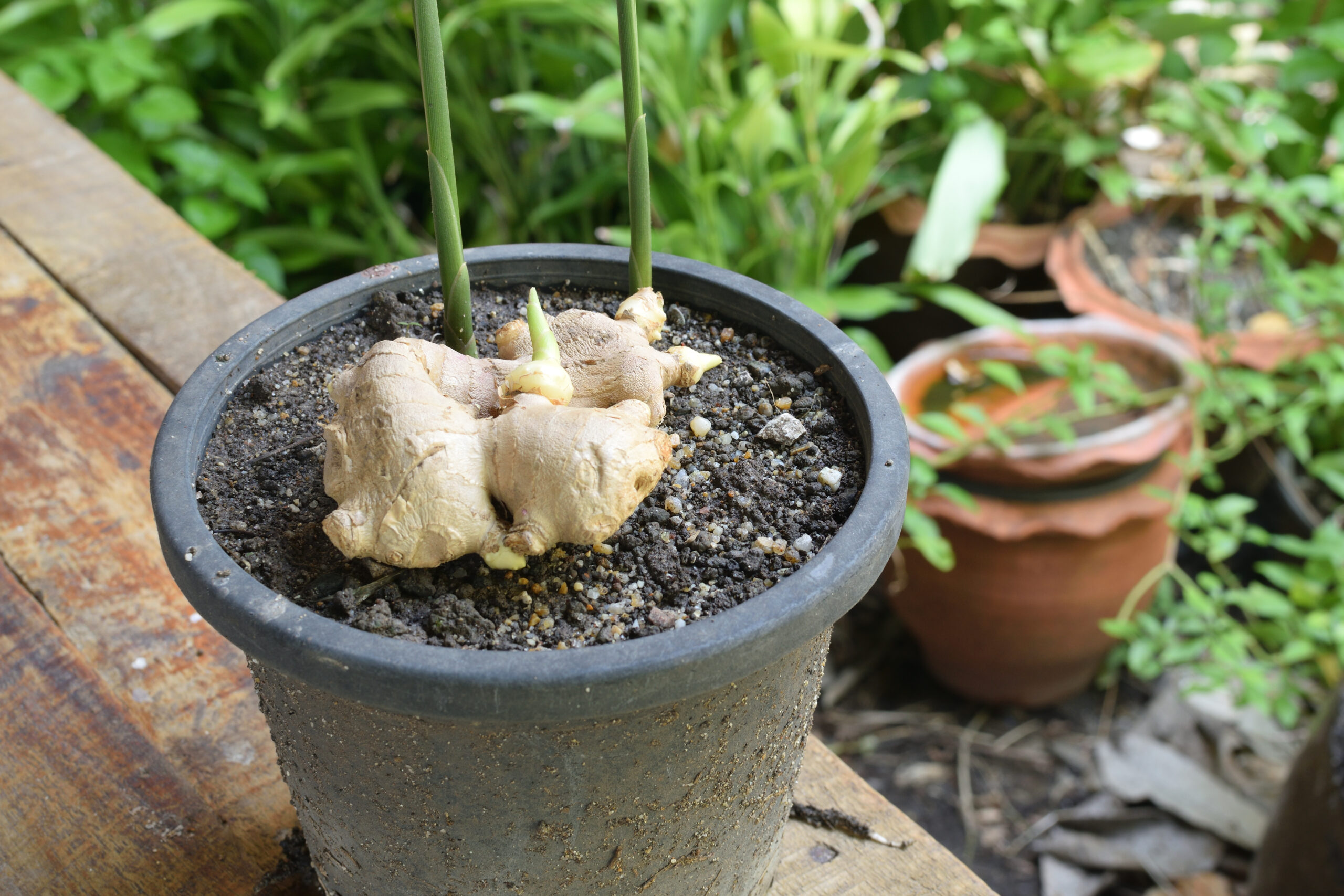
Scotch Bonnet Peppers
- Adds heat and flavor to a variety of local dishes.
Chadon Beni (Recao)
- Similar to cilantro, commonly used in seasoning blends and sauces.
Mint
- Great for teas, desserts, and adding a refreshing flavor to dishes.
Lemongrass
- Used in teas, soups, and to add a citrusy flavor to dishes.
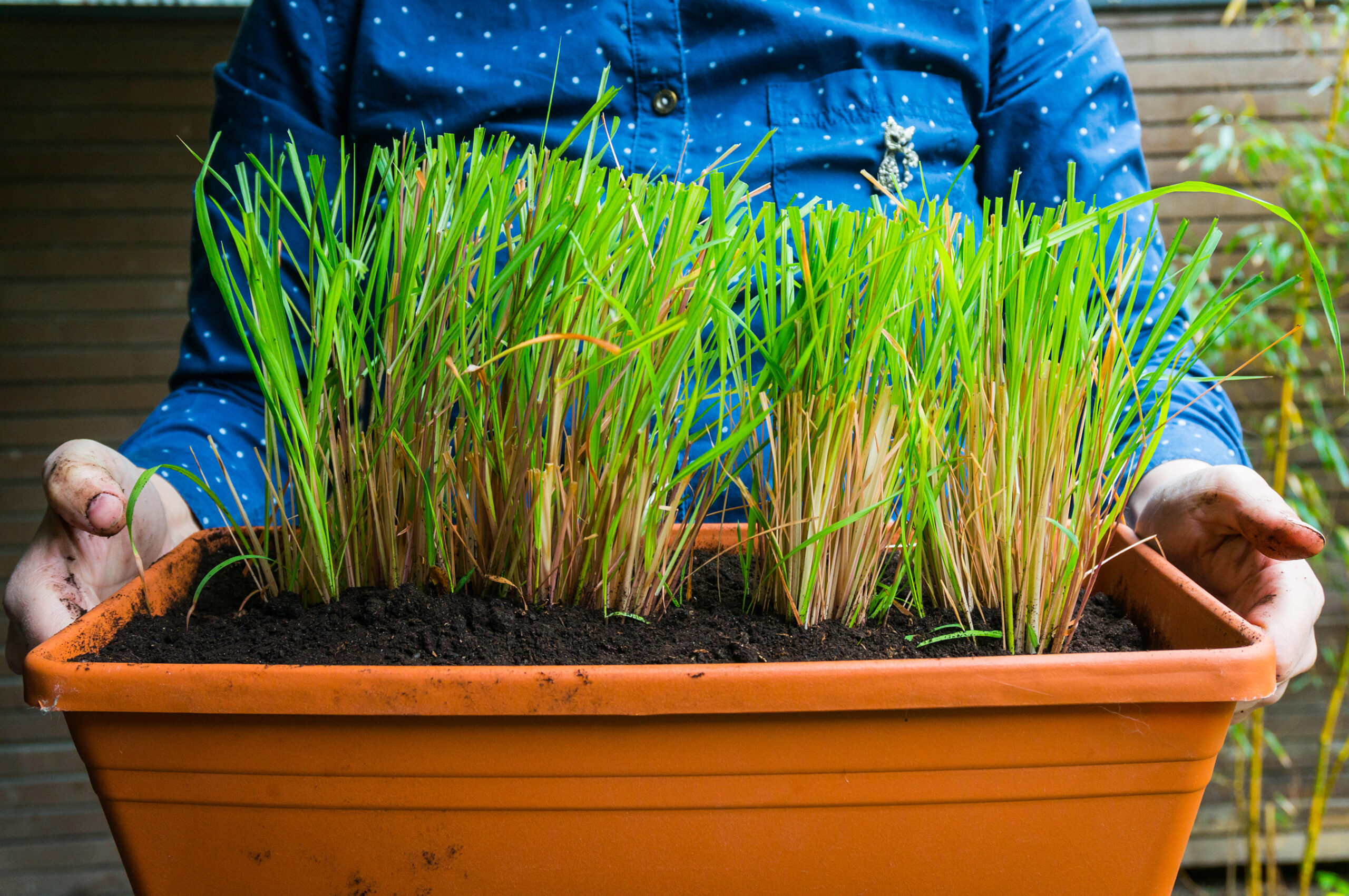
Basil
- Perfect for salads, sauces, and as a garnish.
Rosemary
- Adds a robust flavor to meats, potatoes, and breads.
Parsley
- Versatile and used for garnishing and adding freshness to dishes.
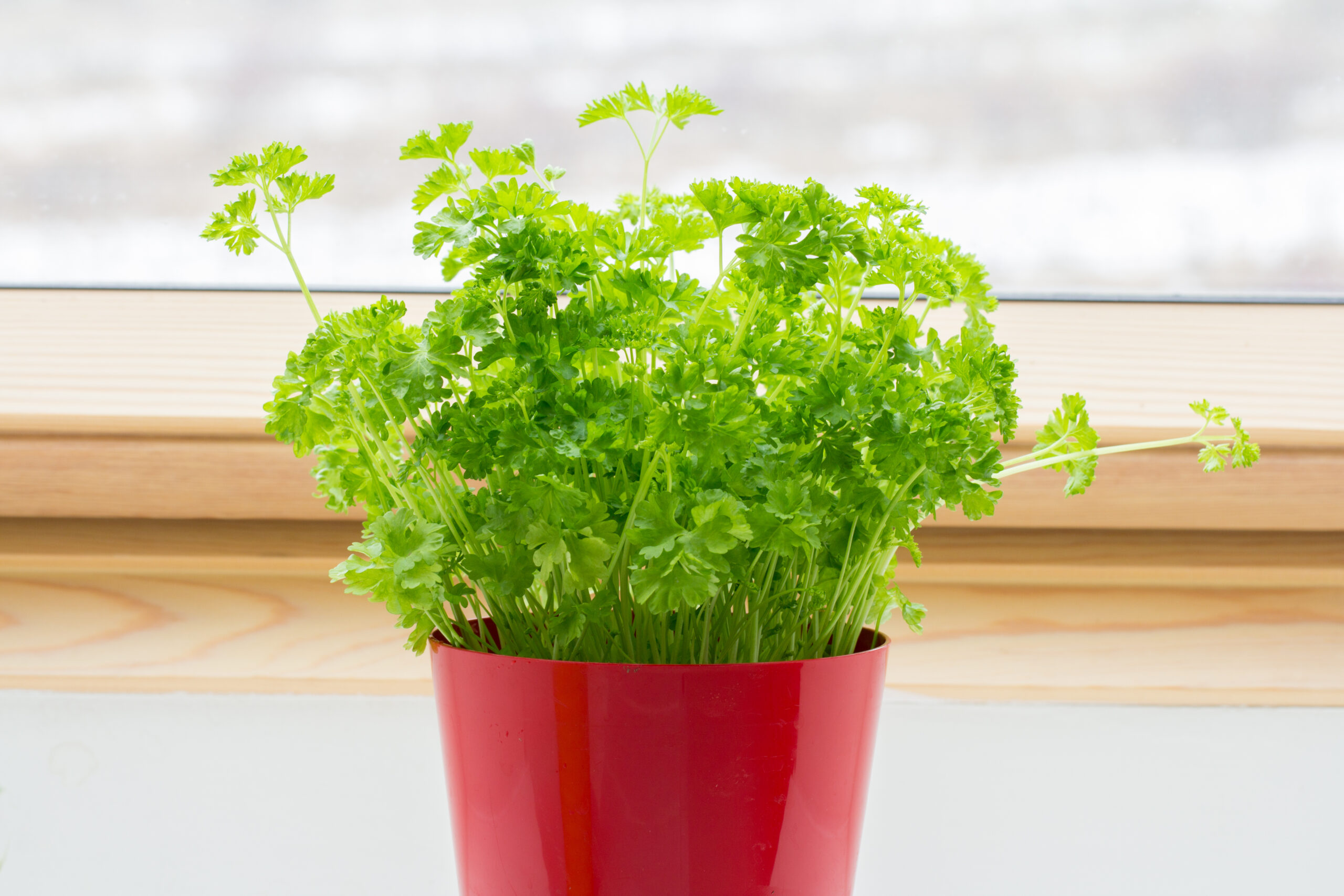
Oregano
- Essential for Mediterranean and local dishes, providing a rich, earthy flavor.
Chives
- Adds a mild onion flavor to salads, soups, and as a garnish.
Peppermint
- Used in teas, desserts, and as a refreshing addition to many dishes.
Thyme
- A staple in Caribbean cooking, used in marinades, soups, and stews.
Steps to Start Your Kitchen Herb Garden
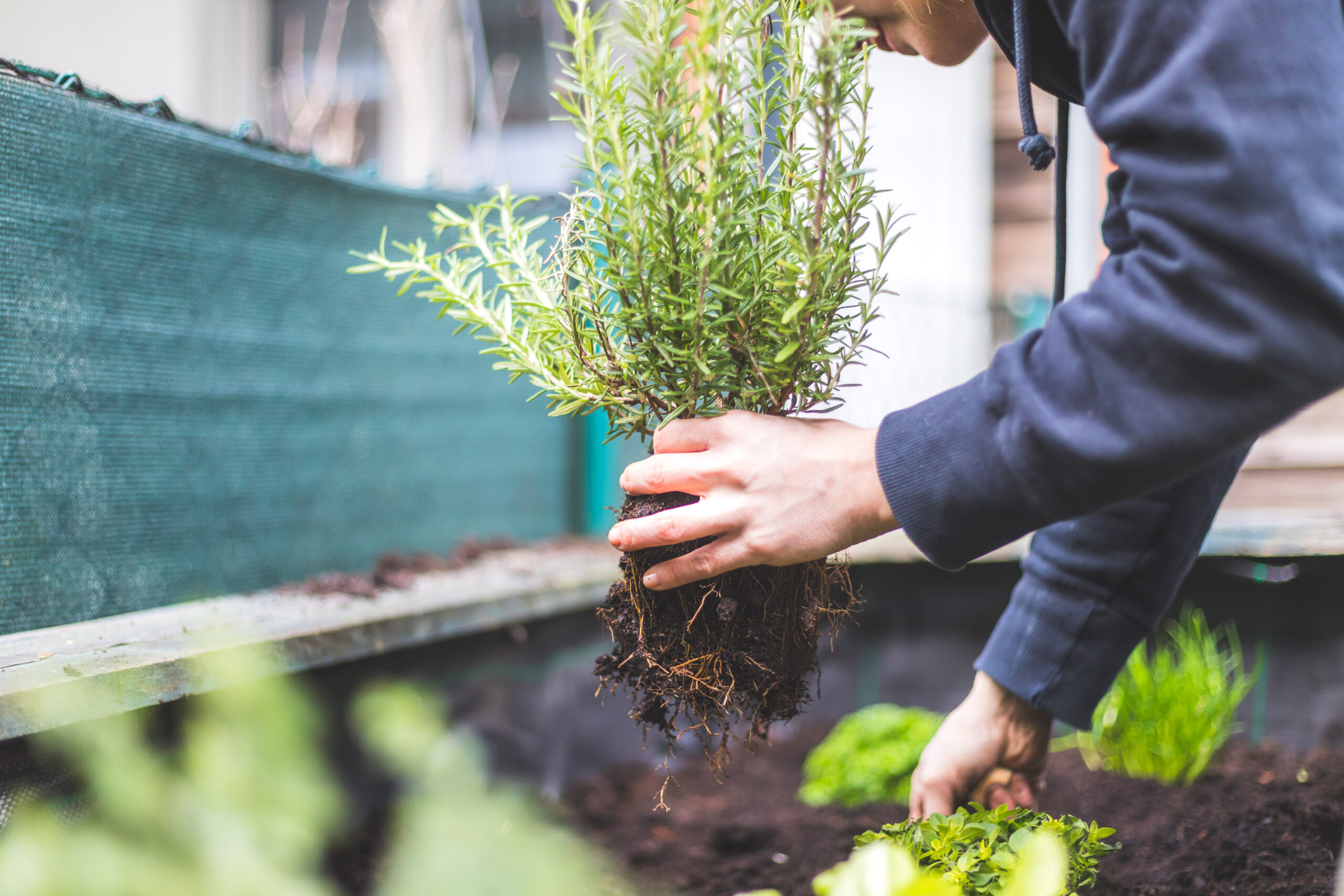
Choose the Right Location:
- Select a spot that gets at least 6 hours of sunlight per day.
- Consider using windowsills, balconies, or a designated garden space.
Prepare the Soil:
- Use well-draining, nutrient-rich soil.
- Add compost or organic matter to enrich the soil.
Select Your Herbs:
- Start with a mix of your favorite herbs.
- You can grow herbs from seeds, seedlings, or cuttings.
Planting:
- Follow the planting instructions for each herb.
- Space the plants properly to allow for growth.
- Plant herbs in containers or directly in the ground.
Watering:
- Keep the soil consistently moist but not waterlogged.
- Water the herbs in the morning to prevent evaporation.
Maintenance:
- Regularly prune and harvest your herbs to encourage growth.
- Remove any dead or yellowing leaves.
- Use organic fertilizers to nourish the plants.
Pest Control:
- Use natural methods like neem oil or insecticidal soap.
- Encourage beneficial insects like ladybugs and spiders.
Harvesting:
- Harvest herbs in the morning for the best flavor.
- Use sharp scissors to cut the herbs, taking only what you need.
Tips for Indoor Herb Gardening
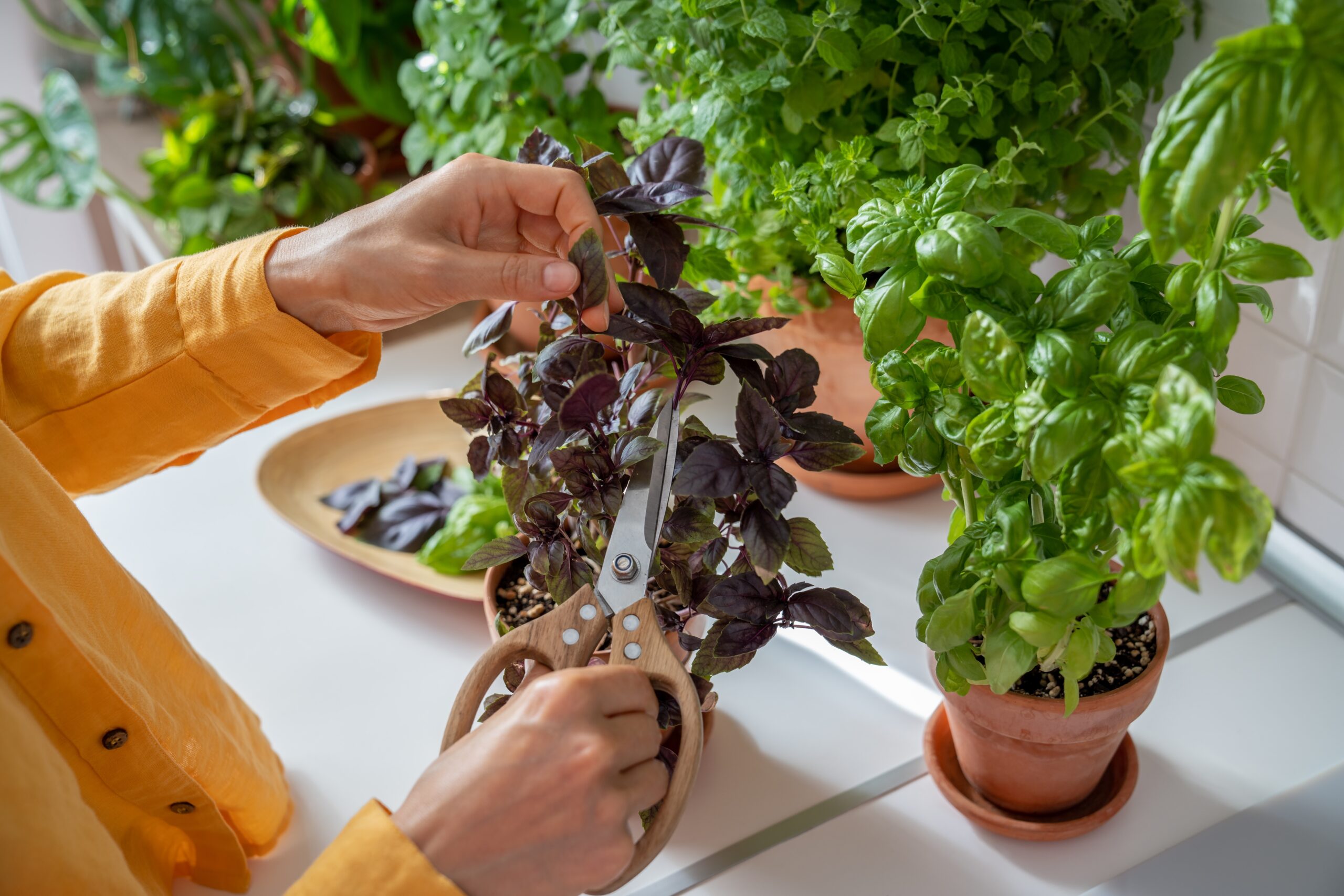
- Use containers with drainage holes to prevent waterlogging.
- Rotate the pots to ensure all sides get sunlight.
- Use grow lights if natural light is insufficient.
- Keep the indoor environment humid, especially in air-conditioned rooms.
Common Issues and Solutions
- Leggy Plants: Ensure they get enough light.
- Yellowing Leaves: Check for overwatering or nutrient deficiencies.
- Slow Growth: Ensure they have enough sunlight and nutrients.
Creative Uses for Fresh Herbs
- Cooking: Enhance the flavor of your dishes with fresh herbs.
- Teas: Brew herbal teas for health benefits and relaxation.
- Infused Oils and Vinegars: Create flavorful oils and vinegars for cooking.
- Aromatherapy: Use herbs like lavender and mint for their calming effects.
- Herbal Baths: Add herbs to your bath for a relaxing soak.
By following these guidelines, you can create a thriving kitchen herb garden that provides fresh, flavorful herbs year-round. Enjoy the benefits of homegrown herbs and the satisfaction of cultivating your own green space.








